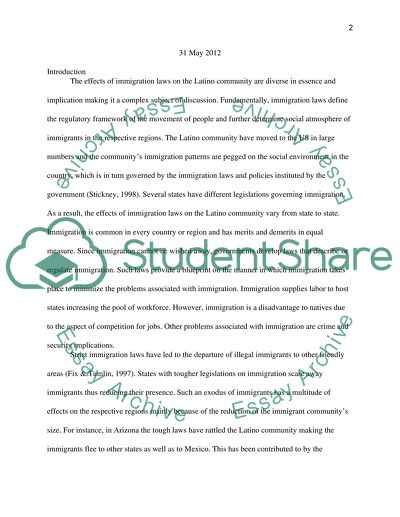Cite this document
(“The Effects of Immigration Laws/Reform on the Latino Community Research Paper”, n.d.)
Retrieved from https://studentshare.org/law/1452371-what-are-the-effects-of-immigration-laws-reform-on
Retrieved from https://studentshare.org/law/1452371-what-are-the-effects-of-immigration-laws-reform-on
(The Effects of Immigration Laws/Reform on the Latino Community Research Paper)
https://studentshare.org/law/1452371-what-are-the-effects-of-immigration-laws-reform-on.
https://studentshare.org/law/1452371-what-are-the-effects-of-immigration-laws-reform-on.
“The Effects of Immigration Laws/Reform on the Latino Community Research Paper”, n.d. https://studentshare.org/law/1452371-what-are-the-effects-of-immigration-laws-reform-on.


